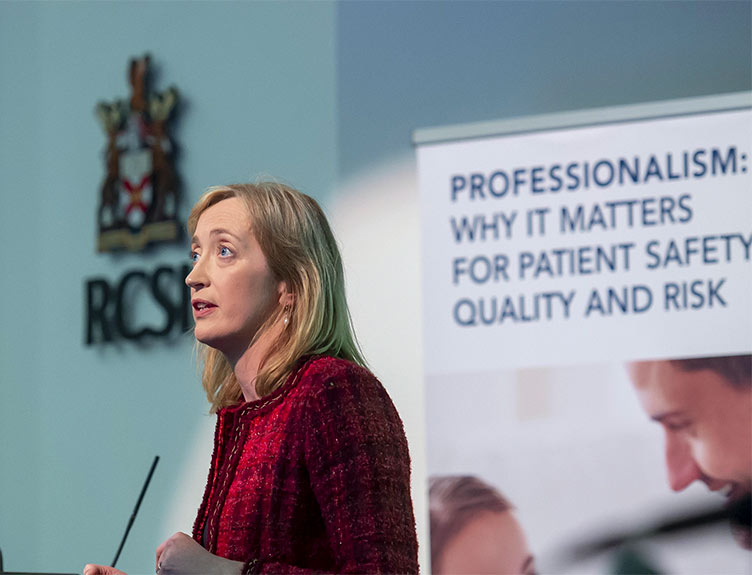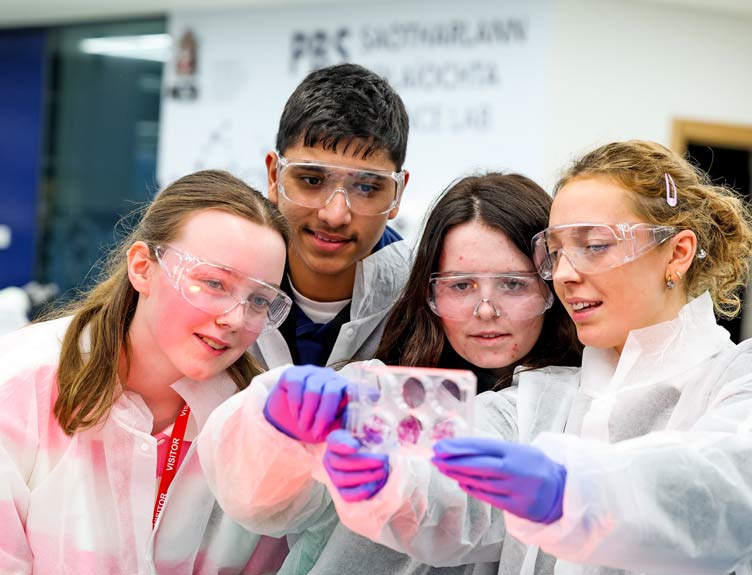Training doctors in responding to adverse events critical to success of open disclosure

Training doctors in how to handle what happens 'when things go wrong' in their clinical practice must be a central component of undergraduate and postgraduate medical education and continuous professional development, according to Professor Dubhfeasa Slattery, Chair of Medical Professionalism, RCSI and BSHS.
In an article for the BMJ, Prof. Slattery explores the ongoing training and peer support required by doctors in order to make open disclosure work. Prof. Slattery said: “We teach and train medical students and doctors in ‘excellence,’ not ‘failure,’ even though the latter is an outcome we are sure to encounter in medicine.
“If we want open disclosure to always happen, then we need to train doctors and other healthcare professionals in how to do it across the continuum of their education and CPD. Proficiency in open disclosure should be identified as a key, core competency and — similar to clinical examination skills — it should be specifically taught and assessed at undergraduate and postgraduate level. Ideally, this training would be delivered by healthcare professionals who have experience of implementing open disclosure in their frontline clinical work.”
RCSI is a leader in the area of professionalism. The first Vice Dean of Professionalism in Ireland was appointed by the College in 2014 and in 2017, the first Chair and Professor of Medical Professionalism nationally, between the RCSI and the BSHS, was appointed.
Professionalism is being further inculcated in healthcare professional education and training at RCSI and this year will be embedded as a core, horizontal theme throughout the undergraduate curriculum. RCSI also provides post-graduate training options for multidisciplinary healthcare professionals and opportunities for continuous professional development, and a multifaceted programme in Professionalism in Healthcare has been developed for hospitals.



